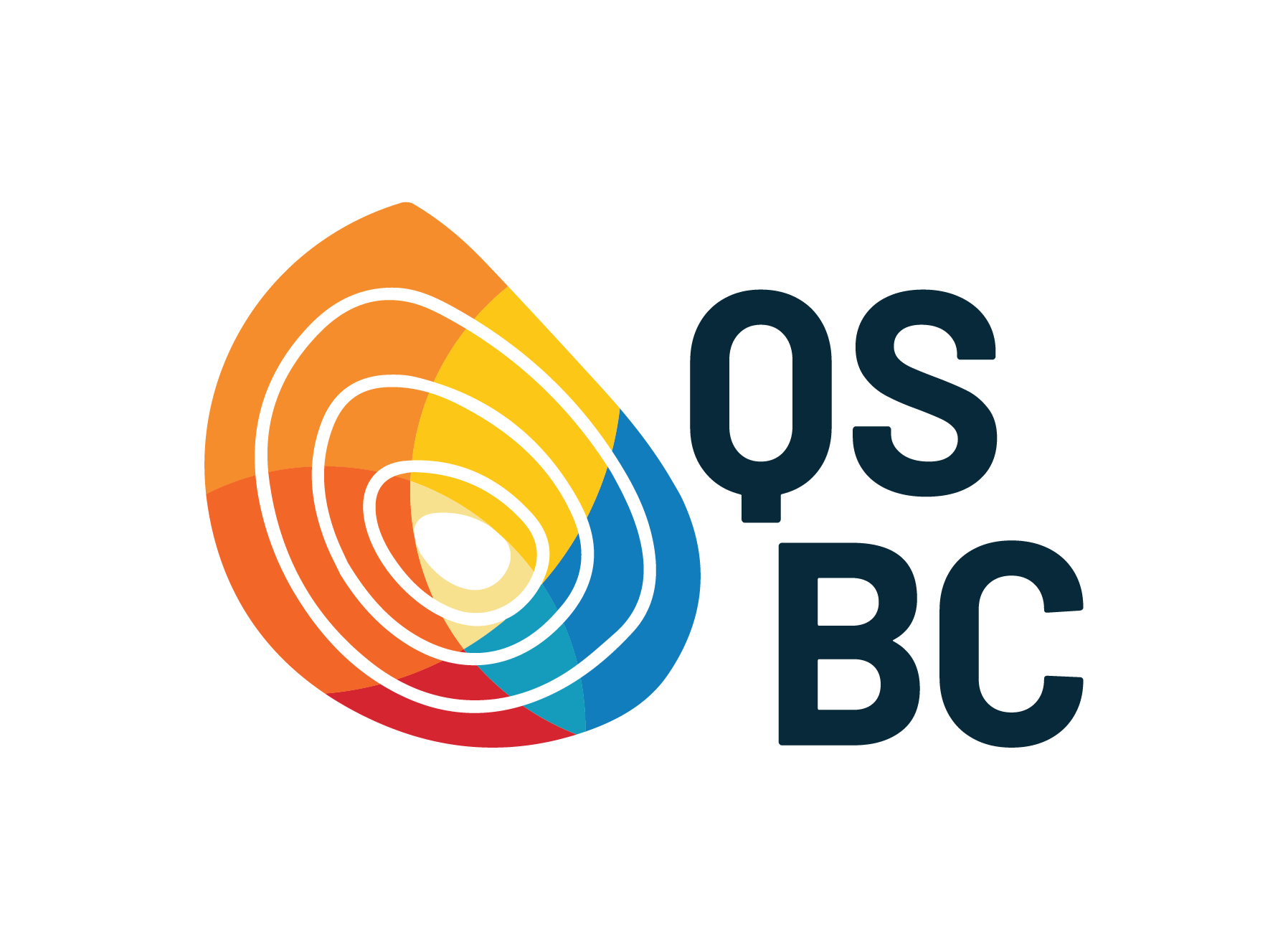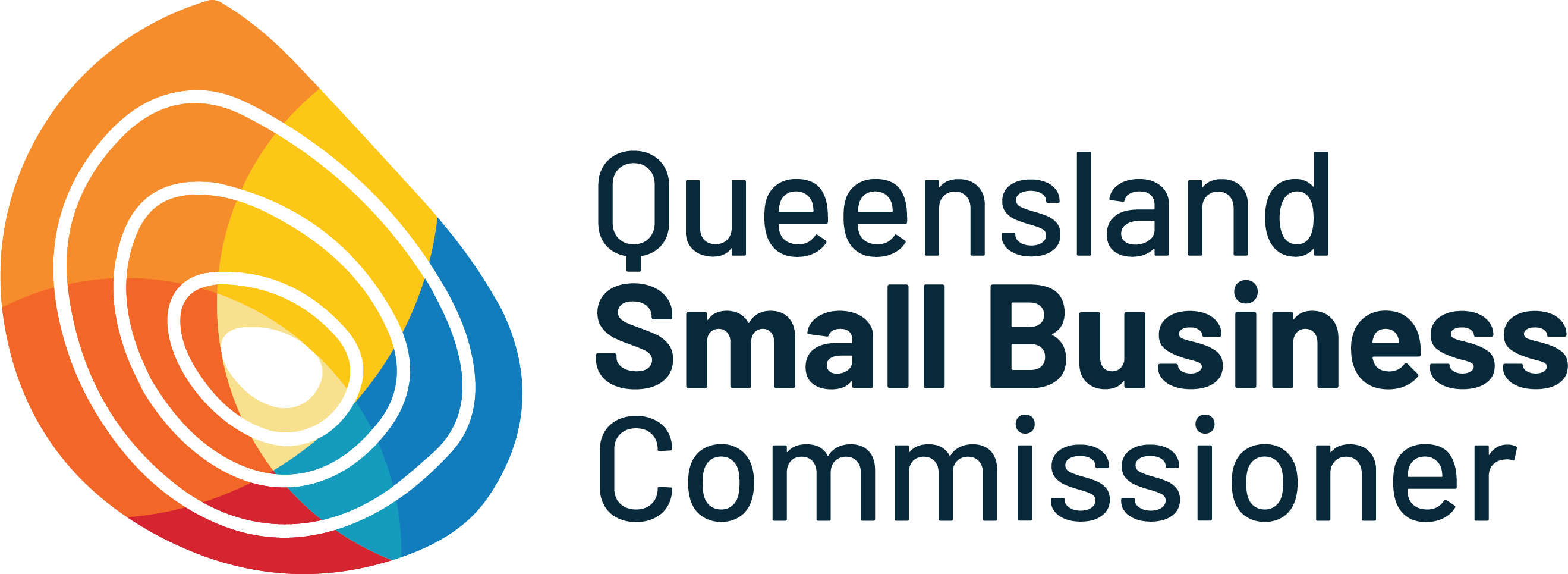Transcript – How to win government contracts
Listen to Thomas Pollock discuss how small businesses can win government contracts.
[Thomas Pollock]
My name is Thomas Pollock. I’m the author of the book ‘Winning government business: the 6 rules and 9 absolutes’. I am also founder of the company Gov Ready – effectively we help small businesses to compete for, and win, government business.
I’m here to talk to you over the next few minutes, about a bit about government procurement and I’m going to offer you a little bit of advice around ways that you can sort of help, your uncover government opportunities and win them.
Firstly, it’s really important to understand that government has a mandate to purchase 25% of their products and services from the small business sector. This is a huge number, a huge figure. That actually moves to 30% very shortly, so that represents around about a $5 to $6 million market, which is slated to go to small businesses. So now is a very very very good time to be looking for and targeting government opportunities.
The first piece of advice – partnerships are extremely powerful. You’re going to come across opportunities where they perhaps are too big for you. You can only fulfil 20 or 30% of that opportunity. Don’t discount that. Really important that small businesses start building out a partner ecosystem so you can bring some partners in and put that one solution to government. These are called collaborative bids, and they are extremely welcomed by government. A bunch of small businesses coming together can be really, is really powerful in government procurement.
60% of formal submissions don’t conform, which effectively means they are not even assessed or critiqued. So, it’s really important that you get your submissions right. You’re going to be too close, you going to have read those submissions so many times – you need to step back. And I’d be thinking about bringing in a third-party expert, or someone who is familiar with government procurement, to actually go over your documentation and make sure you met the mandatory requirements and that your submission does conform.
Evidence is a really really big thing when putting proposals to government. So without evidence to back up your words, effectively it is just words on paper. When I talk about evidence, I’m talking about testimonials, case studies, references, photos of work you’ve done that can back up your claims. And it’s really important. I say the word case studies and sometimes people get a little bit ‘oh I don’t have time to do that!’ I’m not talking a 10 page, 20 page document. A one pager – here’s the problem, here’s what we did, and here’s how we solved that problem. That’s perfect to use as evidence and include those in your submissions.
There are a number of government tender alert sites around and the best one for you to register for is QTenders. You should see the link below this video. Set up a profile there and you will get automated alerts when government opportunities come about which fall into your sphere of influence. Advance Queensland website, again which you should see below here, is also a really good resource for small businesses.
Lastly, and probably the biggest or the most important thing is that a there’s a lot of small businesses that don’t really know if they’re capable of winning and supplying a government contract or multiple government contracts and quite frankly, I know from experience there are thousands of businesses out there who are already capable – they just don’t know it.
I’d recommend you go to www.GovReady.com.au. We have a pulse check diagnostic tool which takes you about 10 minutes to complete but you’ll immediately be sent a report which outlines the areas of your business where you’ve got strengths and weaknesses in regards or in relation to government supply and it’s a really quick way to identify your strengths and weaknesses when looking to provide government services.
Thank you.
Watch the video about how to win government contracts.



